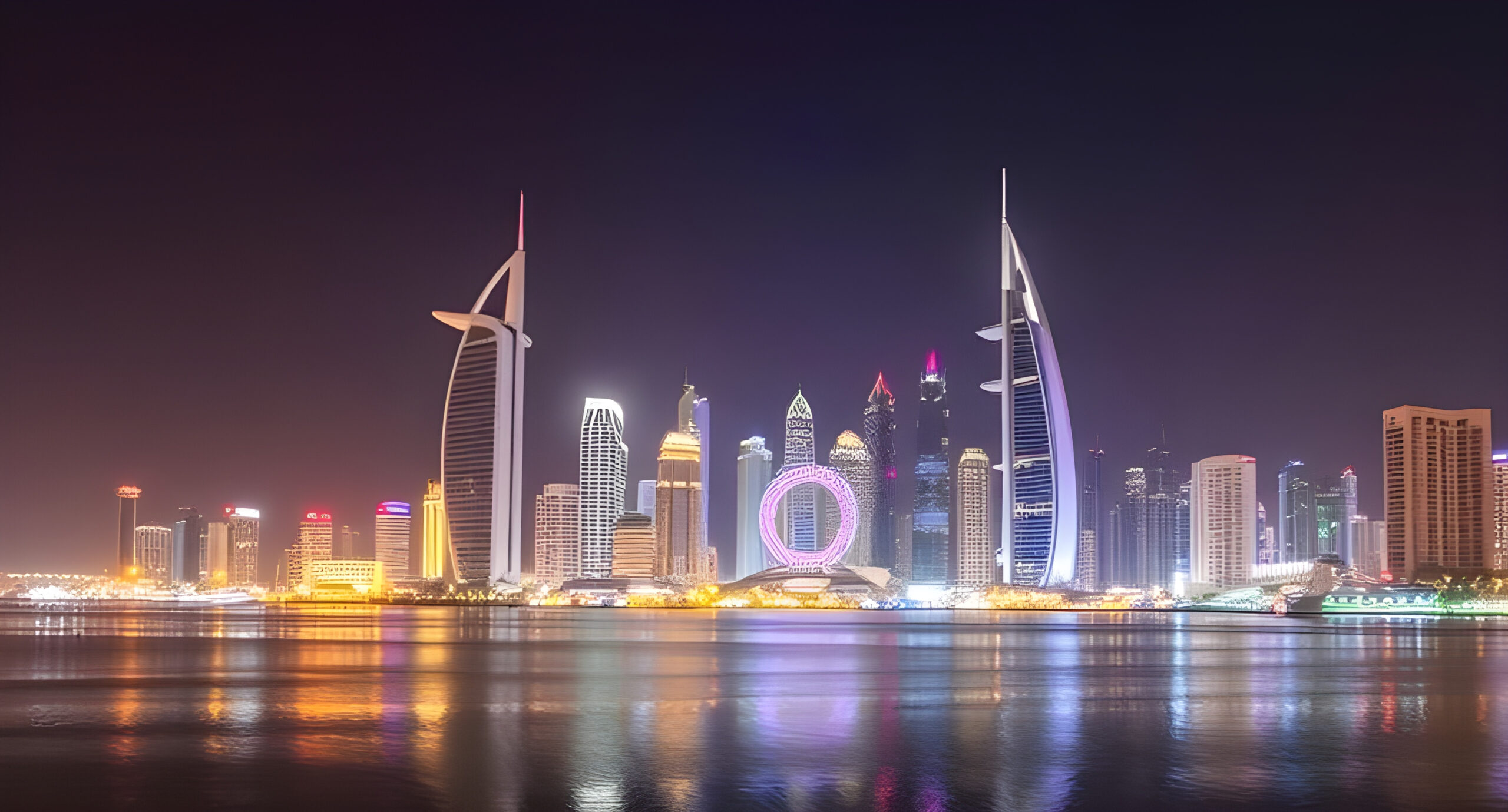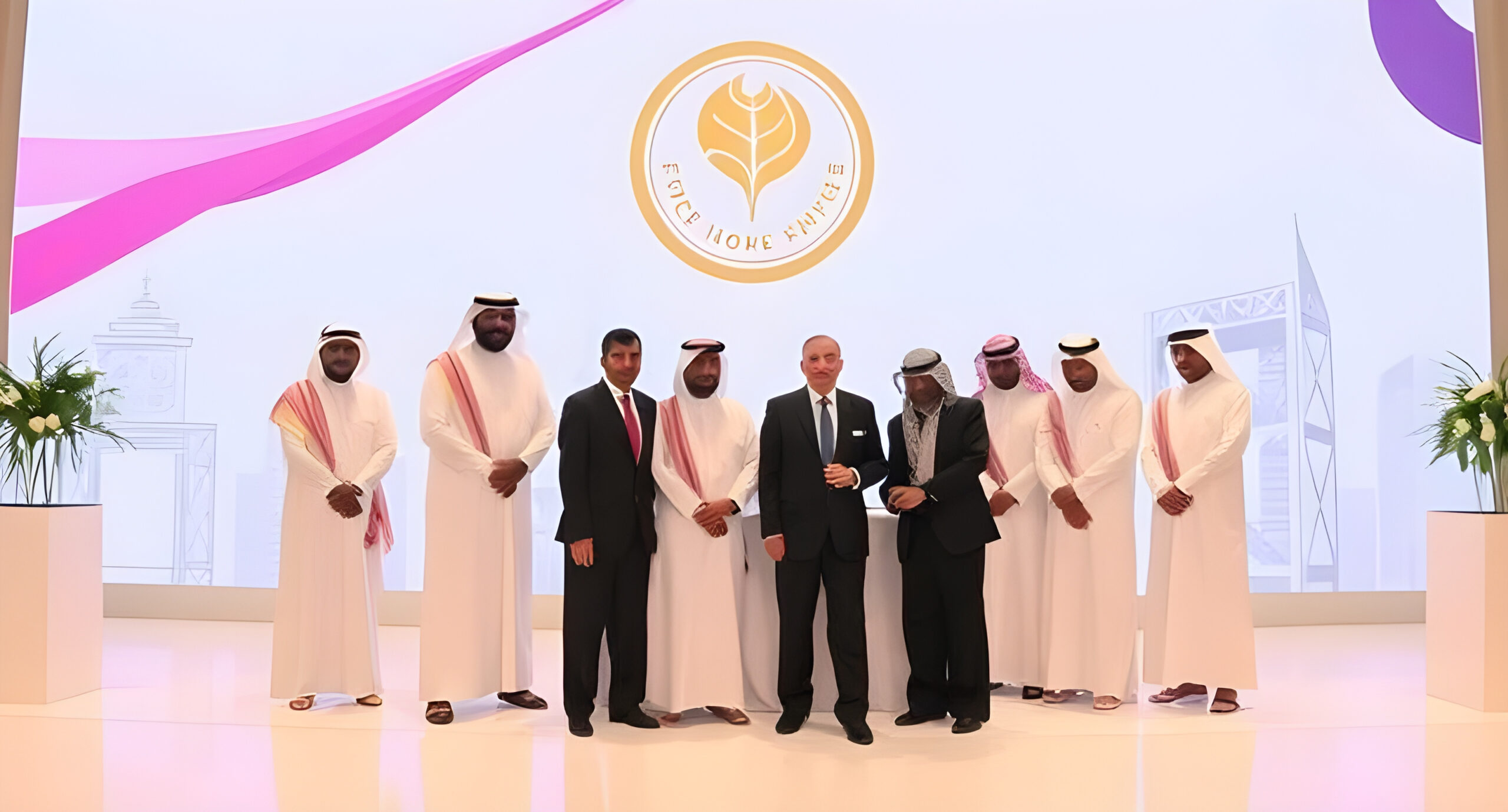The United Arab Emirates (UAE) is poised to attract a substantial Dh128 billion in foreign direct investment (FDI) over the next six years, a move that is expected to create thousands of jobs across various sectors. These sectors include manufacturing, technology, hospitality, retail, finance, healthcare, logistics, and renewable energy. The influx of new investments will not only boost existing industries but also foster growth in emerging sectors, contributing significantly to the UAE’s vision of building a knowledge-based economy.
Analysts predict that roles in AI, cybersecurity, software development, and cloud computing will be in high demand due to increased FDI flows. Additionally, researchers and engineers in renewable energy, wealth managers, credit risk analysts, skilled supply chain and warehousing workers, and experts in 3D printing and automation will also see a surge in demand. This diversification of job opportunities will attract both local talent and global professionals seeking roles in a dynamic and growing economy.
The UAE Cabinet recently approved the National Investment Strategy, aiming to more than double annual foreign investment inflows from Dh112 billion in 2023 to Dh240 billion by 2031. This ambitious plan is expected to significantly impact the employment sector as new businesses enter the market and existing companies expand. Hamza Dweik, head of trading and pricing for Mena at Saxo Bank, noted that foreign investments are a key driver for creating jobs, both directly and indirectly.
Large-scale projects and infrastructure developments will require people with diverse skill sets, generating jobs not only in core sectors like technology and finance but also in retail, hospitality, and professional services. Increased investment in manufacturing and industrial innovation will create demand for engineers, technicians, and supply chain professionals. Advanced manufacturing technologies such as 3D printing and automation will also generate specialized job opportunities.
In the IT sector, increased FDI will allow the digital economy to thrive, leading to job openings in AI, cybersecurity, software development, and cloud computing. Hassan Fawaz, chairman and founder of GivTrade, emphasized that the National Investment Strategy will create a more diverse and resilient job market, reducing dependence on traditional sectors and fostering long-term career prospects in emerging industries.
The focus on key growth sectors suggests that the strategy will not only create immediate job opportunities but also contribute to the UAE’s vision of building a knowledge-based economy. The technology and IT sector is expected to lead job creation, particularly in areas like digital transformation, software development, and cybersecurity. The financial services sector, especially fintech, will see substantial growth in roles related to digital banking and financial technology.
Vijay Valecha, chief investment officer at Century Financial, highlighted that FDI projects in sectors like technology and manufacturing lead to the establishment of new businesses, directly creating new job opportunities and indirectly boosting employment in related industries such as infrastructure and construction. The National Investment Strategy aims to develop key sectors like industry, transport and logistics, financial services, renewable energy, and telecommunications and IT, which are expected to see maximum job creation.
The increased FDI inflows can also encourage entrepreneurship and boost existing business activity, directly leading to a reduction in unemployment and attracting a skilled workforce from across the world. The strategy’s key objective is to diversify the non-oil economy, reducing dependency on oil revenues to build a more resilient and future-ready economic model. Overall, the UAE’s strategic approach to attracting FDI is set to have positive spillover effects, including knowledge transfer and improved business practices, contributing to sustainable long-term economic expansion.





